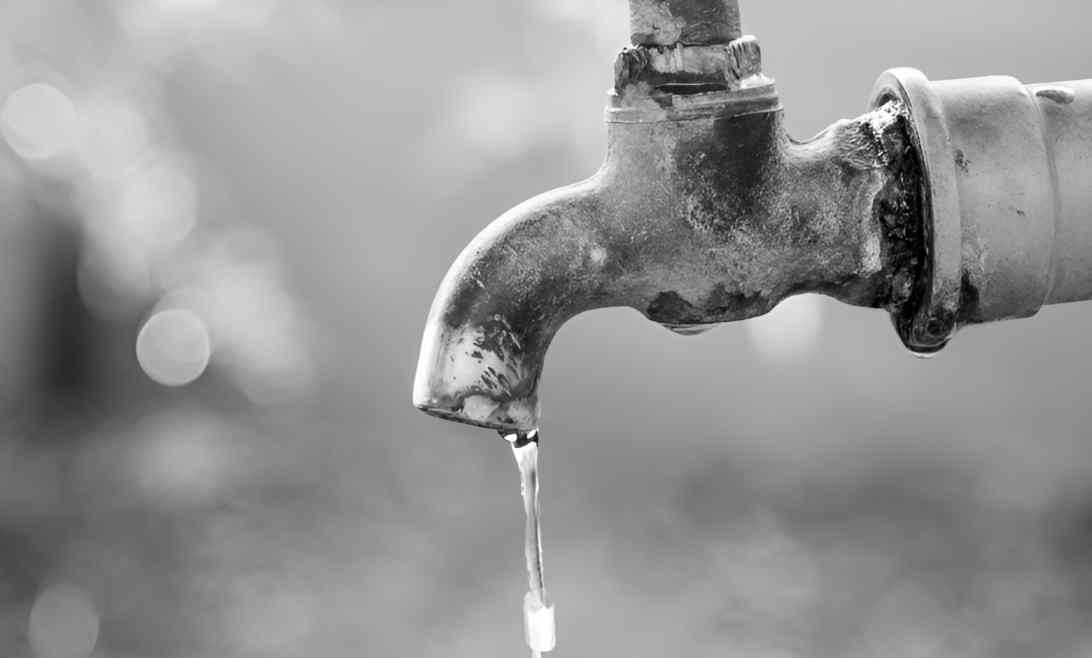Kenya’s public water firms continue to face heavy financial losses, with nearly Sh16 billion lost last year due to water that was produced but never billed to consumers.
The situation highlights the widespread operational challenges affecting utilities, including leaking pipelines, illegal connections, and outdated billing systems.
The Auditor-General’s report covering the year to June 2024 shows that 76 water service providers produced 440.39 billion litres of water but billed customers for only 235.98 billion litres.
This means 204.4 billion litres, or 46 percent of the total output, went unbilled, far above the regulatory ceiling of 25 percent.
“This reflects a loss of 204,405,773 cubic metres, equivalent to 46 percent of total production, significantly exceeding the regulatory benchmark of 25 percent. The revenue loss translates to approximately Sh15,994,840,319,” said Auditor-General Nancy Gathungu.
The audit notes that only three companies maintained records and practices that complied with rules on non-revenue water. Many firms continue to rely on outdated tariffs, undermining their ability to recover costs.
Gathungu said that 38 of the 87 water companies billed consumers using old rates, mainly because of delays in regulatory approval and administrative inefficiencies.
“Continued reliance on outdated tariffs poses a significant risk to the financial viability of these utilities, as it impairs their ability to fully recover operational costs and undermines long-term service delivery sustainability,” she warned. Despite these setbacks, water companies generated Sh28.16 billion in revenue, a modest 5 percent increase from the Sh26.87 billion earned the previous year.
The report also flagged unaccounted revenue totaling Sh1.08 billion. Kilifi Mariakani Water and Sewerage Company had the largest shortfall of Sh597.3 million, followed by Nairobi City Water and Sewerage Company with Sh194.35 million, and Kisumu’s Gulf Water Services at Sh154 million.
“The audit revealed that five water companies had revenue collection shortfalls amounting to Sh548,173,016. The exceptions included unbilled customers and instances of undercharging for services," Gathangu said.
Nairobi City Water’s losses of Sh344.49 million were mainly due to unpaid and unbilled accounts, while Othaya Mukurweini Water and Sanitation failed to bill 2,142 customers, losing Sh177.77 million.
Wasreb data indicates that water companies supplied 21.5 million Kenyans directly during the year, billing 258 billion litres for a total of Sh28.85 billion. Households accounted for 63.2 percent of the billed water, though domestic billed volumes fell by 1.7 percent despite a small overall increase in total billed water.
The regulator has urged firms to repair and upgrade infrastructure to reduce leakages, a major contributor to non-revenue water.
Wasreb requires utilities to keep losses below 25 percent of production, but only three companies complied with this standard, exposing the sector to continuing financial instability.

